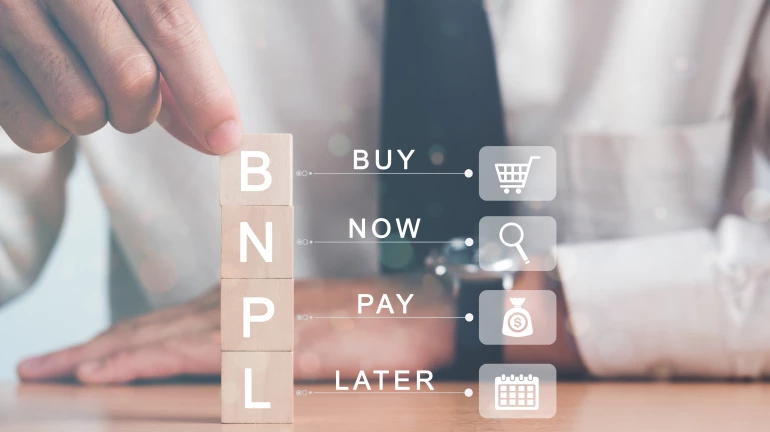
We see traders losing out on potential gains just because they lack the funds to invest. The next time you're in the market, DON'T BE THAT GUY!
Lack of funds should not be a concern when you're trading. If you are one such trader looking to optimize your returns, there are numerous investment strategies to help you achieve your goals. One such approach is margin trading. If you're unfamiliar with this term, you've come to the right place. This article will delve into the concept of margin trading, explaining its definition, benefits, risks, and important considerations. By the end, you will have a solid understanding of how this strategy works and whether it's the right one for you.
Understanding Margin Trading:
Margin trading is a practice that allows investors to trade with borrowed funds, commonly known as leverage. It involves using a portion of your capital, referred to as the margin, and borrowing the rest from a brokerage firm. This borrowed money can be used to purchase more shares, contracts, or other financial instruments than you could with your funds alone.
The primary benefit of margin trading is the potential for higher returns. By leveraging your investments, you can amplify profits when the stock market is performing well. However, it's crucial to remember that while there is a great potential for gains, it also exposes investors to increased risks.
Risk Factors and Considerations:
Margin trading entails inherent risks that investors must understand before participating in this strategy. The primary risk stems from the amplified losses that can occur when the stock market moves against you. If your investments decline in value, you may be required to deposit additional funds into your margin account to meet the brokerage's margin requirements, or your broker may forcefully liquidate your position to cover the losses. Therefore, it is crucial to carefully assess your risk tolerance and financial situation before engaging.
Also, if the value of your investments declines significantly there is a risk of your broker issuing a margin call, requiring you to deposit additional funds to meet the minimum margin requirements. Another important consideration is the interest charged on the borrowed funds. When you trade on margin, you are essentially taking a loan from your broker, and where there's a loan, there is also interest. It's essential to evaluate the interest rates and factor them into your trading plan to ensure that the potential gains outweigh the costs.
Benefits of Margin Trading:
While margin trading carries risks, it also offers several benefits for experienced investors. First and foremost, it provides the opportunity to increase your buying power, allowing you to take advantage of potential market opportunities that may have been unattainable with your capital. You can even use margin trading as a hedging tool. This will enable you to protect your existing investments against stock market downturns.
Furthermore, margin trading can enhance your portfolio diversification. With increased buying power, investors can spread their investments across a wider range of assets or sectors, reducing concentration risk and potentially increasing the overall returns.
Finally, it encourages flexibility and agility in executing trades. The ability to enter and exit positions quickly, take advantage of short-term market fluctuations, and implement more sophisticated trading strategies is too appealing to disregard.
Conclusion:
In conclusion, margin trading is a strategy that allows investors to trade with borrowed funds, leveraging their investments for potentially higher returns. However, it is crucial to thoroughly understand the risks associated with margin trading before implementing this strategy. Always evaluate your risk tolerance, carefully plan your trades, and stay informed about stock market conditions. By doing so, you can effectively utilize margin trading as a tool to maximize your investment potential while managing the associated risks.





